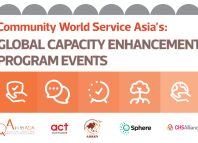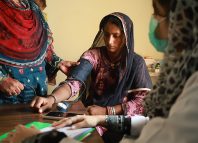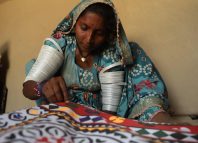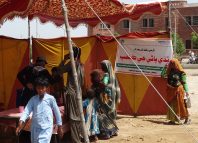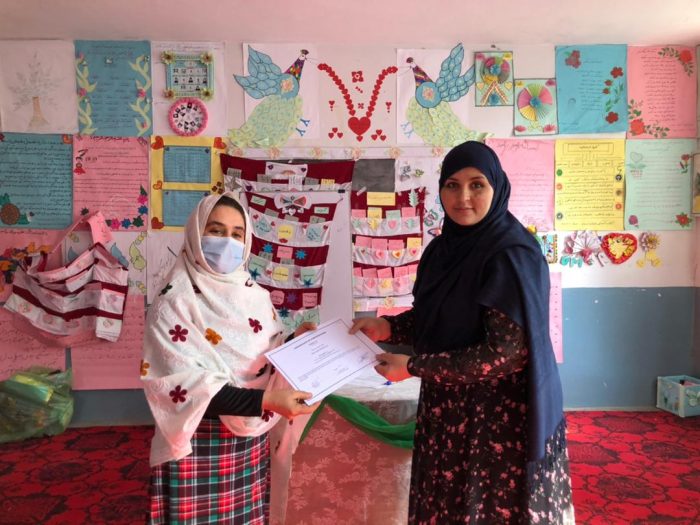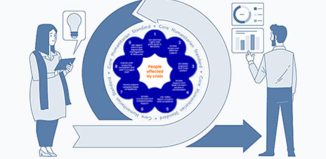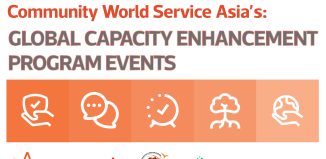A step closer to achieving a life-long dream
The preference for sons in this part of the world (Afghanistan) is motivated by economic, religious, social and emotional aspirations and norms that favour men and make women less desirable. Parents only expect their sons to provide financial and emotional care, especially in their old age. Sons are assumed to add to family wealth and property while daughters drain it through dowries, and sons continue the family lineage while daughters are married away to another household. The common perception is that girls or women are not worth investing on and this mindset naturally trickles down to education.
With a popularly rigid mindset and a fundamentalist regime to further impose regulations that discriminate against women and girls, access to and quality of education for girls in Afghanistan has gone rapidly downhill.
To meet the higher education needs of Afghan communities, reduce the gender gap in education and attempt to crawl, if not climb, towards Sustainable Development Goal 5, a Girls Education Project (GEP), is implemented by Community World Service Asia with the support of Act for Peace in three provinces of Afghanistanⁱ. Under the project, six education centres (two in each province) have been set up to improve access of higher education to girl students and encourage local students to prepare for entry exams of public universities. The centres offer educational resources, a four-month course on mathematics and science, and provides guidance on university enrolments.
Twenty years old Medina, one of the students enrolled at the centre in Nangarhar, completed the four-month course in January 2022. She had graduated from high school, completing 12th grade, and intended to continue her studies. “I was overwhelmed to hear about the course when the members of the Parent Teacher Committee of the school I graduated from came to our house to meet my father. The committee knew about my wish to enrol in university through my friends and teachers. My father was sceptical at first. The members informed him on the value of girls’ education and the contributions that women can make in the progress of a community. Consequently, my father was convinced. The committee members gave us in-depth information on how to apply to universities and how to prepare for entrance exams.”
Medina was enrolled in a preparatory centre, established in one of the target schools under GEP. “Our teacher, Nafisa, welcomed us with a smile every day in class. She engaged us in hands-on learning while providing quality insights of the subjects. Despite the closure of high schools for girls, I am glad I had the opportunity to continue my studies this way,” shared Medina.
Out of 123 candidates, Medina secured third position on the admissions test she took at a medical school. “When the results were announced, my father and I were ecstatic. I dream of becoming a medical technician one day. The preparatory centre has given me the hope of achieving my dream and continuing my education.” Medina is currently a student in the medical institute, working hard to fulfil her long-time goal of becoming a qualified medical professional and working in the healthcare industry.
ⁱ Laghman, Nangara and Bamyan

